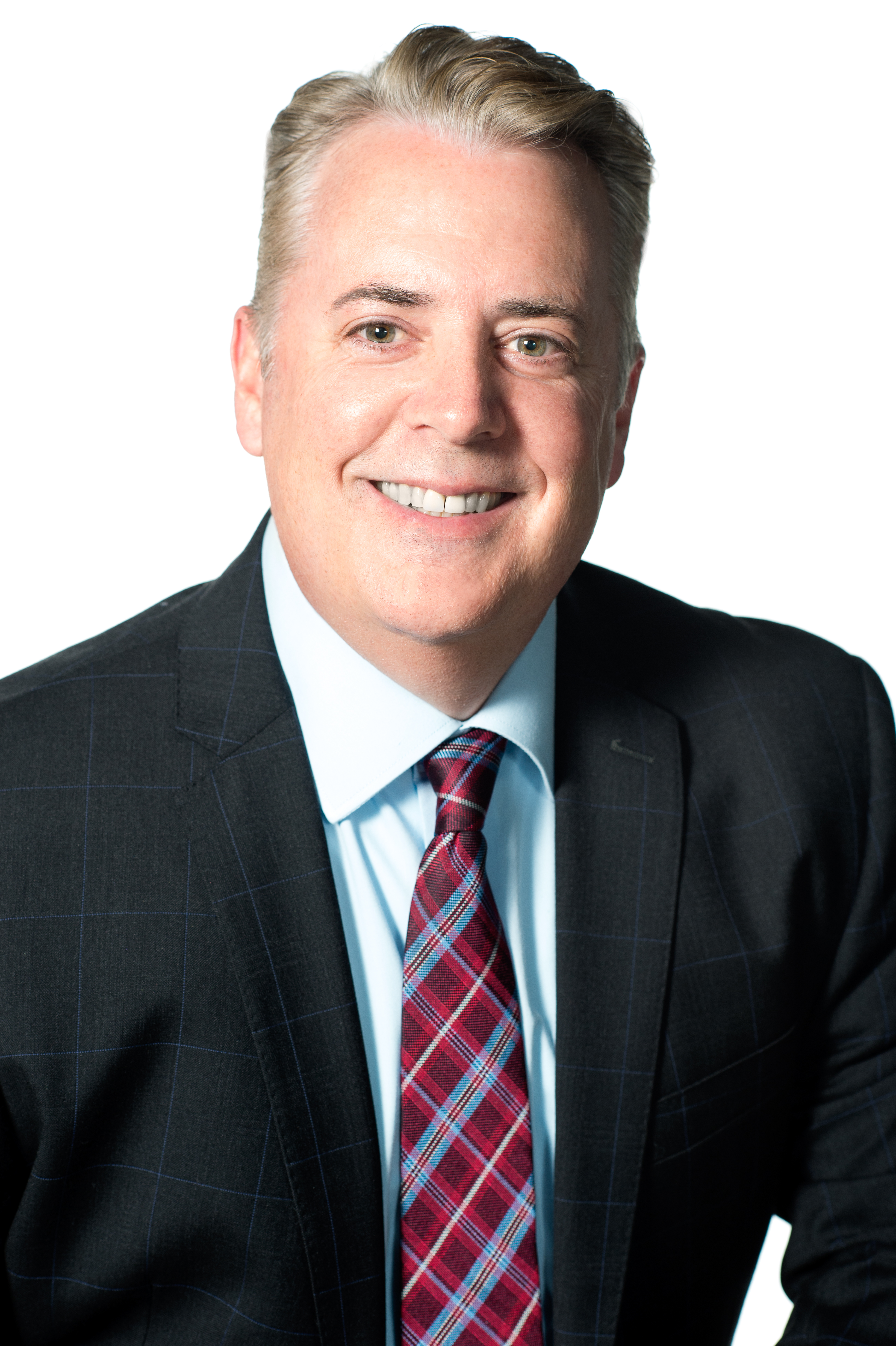
John Kelly, PhD, President
National Association of School Psychologists
In addition to providing the organization’s statement (see below) following the February 14, 2018, attack at the Marjory Stoneman Douglas High School in Parkland, Florida, National Association for School Psychologists President John Kelly, PhD, answered several questions from Care for Your Mind.
Care for Your Mind: What role does the NASP seek to play in the “serious discussion” about reducing access to firearms?
John Kelly, PhD: NASP has a recognized, respected voice on issues affecting the safety and well-being of children and youth with federal policymakers and stakeholders. We are working with other national leaders to encourage action on reasonable gun laws that will reduce access to firearms by individuals who are at risk of harming themselves or others, and at banning firearms designed to do mass harm in a short amount of time. Equally important, we are providing our 25,000 members with resources to advocate on the state and local levels.
CFYM: What advice is NASP giving to school psychologists in terms of supporting the large number of traumatized students and other students living in fear? What about supporting teachers and school staff?
JK: NASP provides our members with resources to support students and staff, with a particular eye toward providing immediate support but also being cognizant of longer term effects from the event. This includes issues like identifying students at risk early on and keeping track of them over time, looking for upticks in absenteeism, behavior problems, and suicide referrals. We encourage members’ making sure parents know what signs to watch for in their children, improving collaborative partnerships with community providers, and emphasizing the importance of care for the caregivers. We also provide more direct, ongoing consultation to schools that have experienced a significant trauma, like Marjory Stoneman Douglas High School, on everything from the re-opening of school to how to handle the first-year anniversary.
CFYM: How are these events affecting school psychologists’ ability to provide the ordinary range of services?
JK: Crisis events always pull staff away from some of their regular duties, which is why it is critical in a mass event like Parkland that districts and states have crisis and mental health teams to help supplement the crisis work of professionals in the district. In terms of school psychologists across the country, how much time it is taking to support their schools’ current efforts will vary greatly. It is important to note, however, that there is a shortage of school psychologists across the country, which makes it very difficult for many school psychologists to provide their full range of services. NASP recommends a ratio of 1 school psychologist to every 500-700 students. No states and very few districts meet this ratio; many are well above 1:1,500.
CFYM: How can parents support the NASP’s efforts to effect change?
JK: Parents have a critical voice. They can improve school safety by advocating for increases in the number of school psychologists, counselors, and social workers in their schools; comprehensive approaches to school safety that emphasize prevention and balance psychological and physical safety; and well-trained school safety and crisis teams. We have more information about these issues on our website.
CFYM: What additional resources would provide NASP members and/or their schools with the greatest leverage in addressing school-based violence?
JK: Largely, school psychologists need improvement in their ratios, more explicit support from district leaders for their role in preventing school violence, and, in many cases, the opportunity to sit on district-wide school safety teams from both a planning and implementation perspective.
NASP also provides a number of resources addressing school safety and crisis, and nearly all are free to the public. A few key resources include:
- Framework for Safe and Successful Schools
- NASP Practice Model (delineates training scope of training and practice)
- A Framework for Bullying Prevention and School Safety
- School-Based Mental Health Services: Improving the Student Learning and Well-Being
- School Violence Prevention: Guidelines for Administrators and Crisis Teams
- Best Practice Considerations for Schools in Active Shooter and Other Armed Assailant Drills
- PREPaRE School Crisis Prevention and Intervention Training Curriculum (there is a reasonable cost to bring this curriculum to a school district.)
Your turn
- What are the most important considerations about mental health care for policymakers going forward?
- What proposals for gun restrictions, if any, do you support, and why?
More reading and resources
- School Violence: Risk and Protective Factors, Centers for Disease Control and Prevention, 2017
- Beam, Heather Danielle, Stretched but Not Broken: a Multiple-Case Study Analysis of Risk and Resiliency (dissertation, 2017)
- National Center on Safe Supportive Learning Environments, Protective Factors
- Resnick, MD, Rinehart, PM. Influencing Behavior: The Power of Protective Factors in Reducing Youth Violence. Center for Adolescent Health and Development, 2004 (.pdf download)
- Youth Violence: A Report of the Surgeon General, Chapter 4, Risk Factors for Youth Violence
Bio
John Kelly, PhD, President of the National Association of School Psychologists for 2017-2018, is a school psychologist at Commack High School in Commack, NY.









Connect With Us